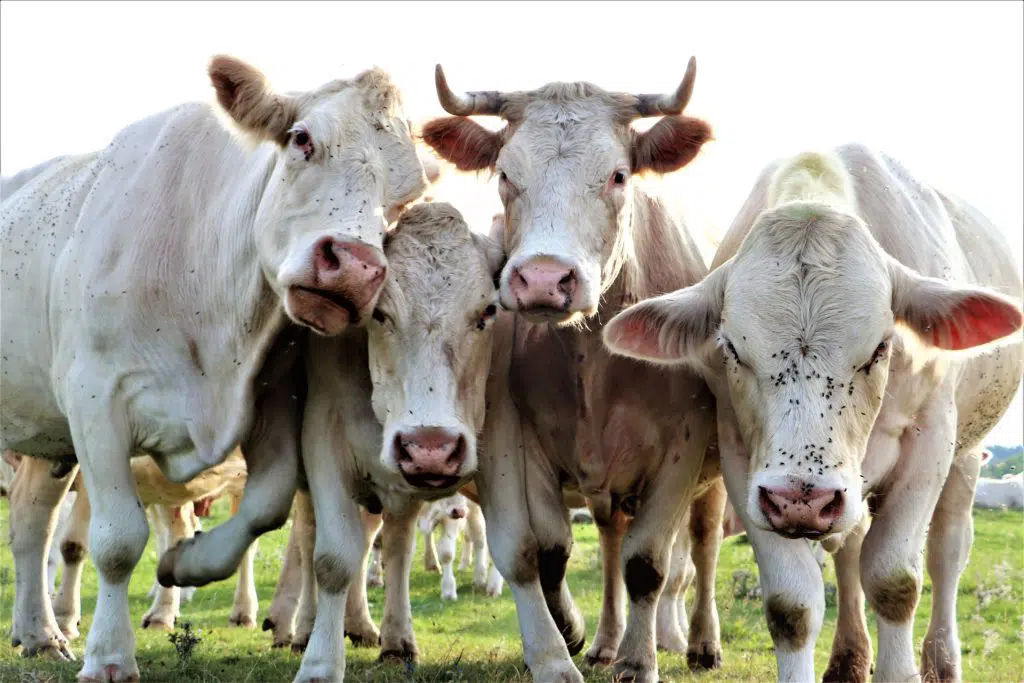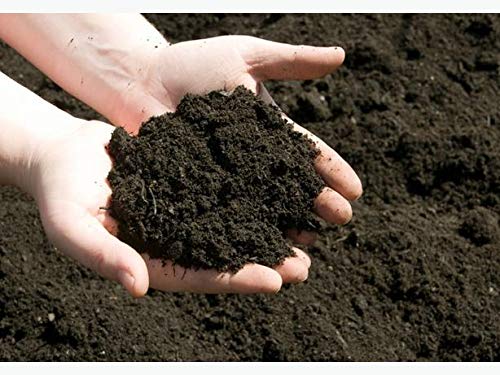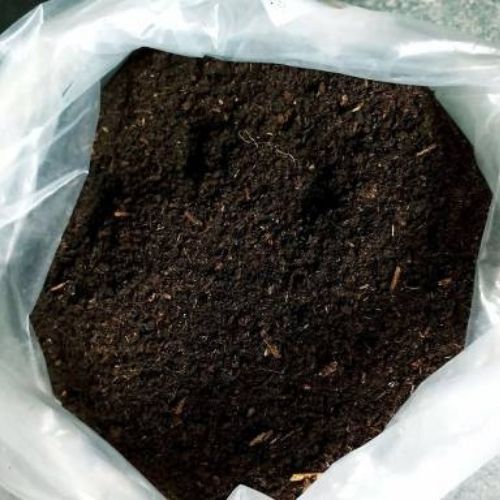Cow Dung / Manure
Palsons International is a division of Palsons Enterprises. Palsons International – Organic is committed to organic farming which relies on natural methods and processes to grow crops and raise livestock without the use of synthetic chemicals or genetically modified organisms. We manufacture organic fertilizers & Variety of crops like maize, barley, millet , potato etc.
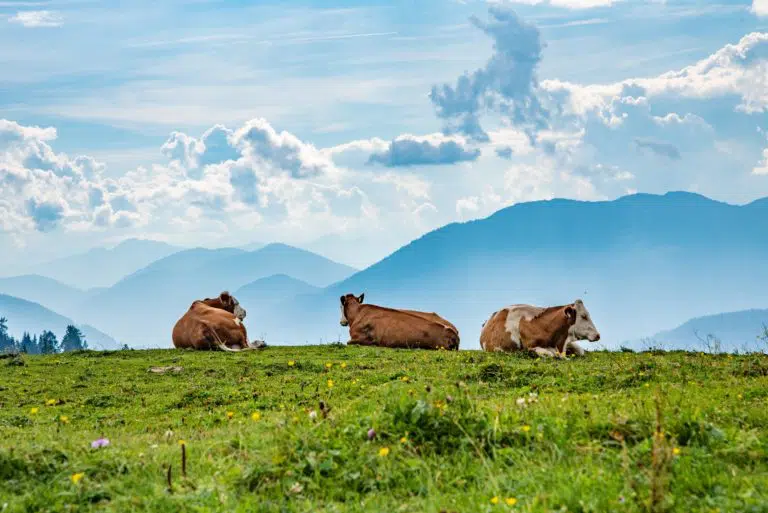
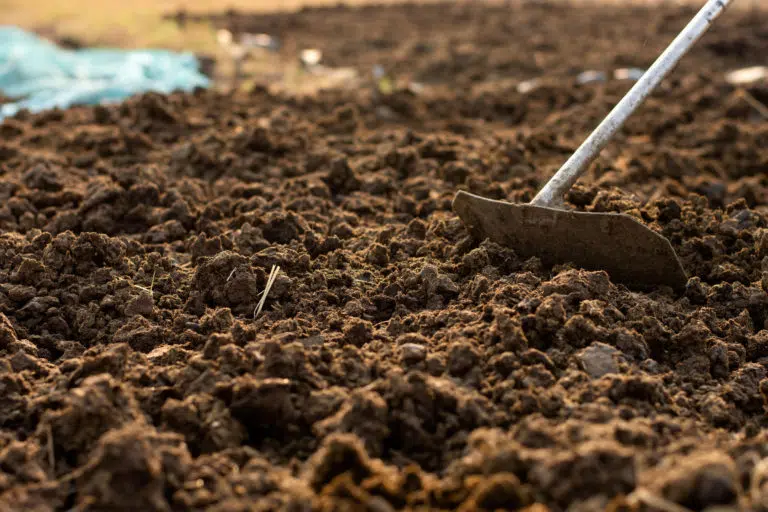
What is Cow Dung / Manure
What is cow manure, and why is it suitable for agriculture Farming. Cow manure, also known as cow dung, is mostly digested grass and, depending on the cattle’s diet, grain, fruits, or vegetables. It’s not just cow droppings, as it contains tracks of hay, straw, bedding, grains, and other organic matter used to feed the animals. Cow manure is rich in nutrients and is suitable for plant growth. It has 3% nitrogen, 2% phosphorus, and 1% potassium—3-2-1 NPK, making it the right type of fertilizer for almost all types of plants and crops. That’s because it brings back nutrient balance to fields organically. Cow manure is also rich in ammonia.
Advantages / Benefits of Cow Manure fertilizer :
1. Cow dung improves soil structure, helps regenerate the soil, and is an effective source of nutrients needed for growing plants of all types, from grains to garden plants to fruit and vegetables.
2. It’s organic, so you can grow plants with no need for chemical products. Moreover, using cow manure as fertilizer is an Eco-friendly way to manage cattle waste so that it doesn’t end up in fields where it can impact air and water quality.
3. If you control the composting process to enable anaerobic digestion inside bio gas units, you can obtain bio gas for cooking or heating,besides fertilizer.
Benefits of Cow Manure
Fertilizing your crops with cow manure has pros and cons, so you should analyze the implications before gathering cattle poop on your property. To help you make an educated decision, here are the advantages and disadvantages of using cow manure as compost.
Advantages:
1. Cow dung improves soil structure, helps regenerate the soil, and is an effective source of nutrients needed for growing plants of all types, from grains to garden plants to fruit and vegetables.
2. It’s organic, so you can grow plants with no need for chemical products. Moreover, using cow manure as fertilizer is an eco-friendly way to manage cattle waste so that it doesn’t end up in fields where it can impact air and water quality.
3. If you control the composting process to enable anaerobic digestion inside biogas units, you can obtain biogas for cooking or heating, besides fertilizer.
Composition of Cow Dung / Manure
Cow manure composition can vary depending on the process you use to create the fertilizer and the other types of organic waste used. However, there are many elements common to all kinds of cow dung.
As a general rule, cow manure contains, among other elements:
- Macroelements: N, P, K — nitrogen, which determines the protein levels in plants; phosphorus, which impacts seed, fruit, and flower production in plants; potassium, which influences growth rate and water regulation.
- Microelements, such as iron and carbon
- Secondary elements: calcium, magnesium, and sulfur, all critical components in a plant’s cells.
At the same time, cow manure includes high quantities of water, making it easy for this fertilizer to balance soil pH levels and temperature with a positive impact on plant root growth and the overall biological activity in the soil.
